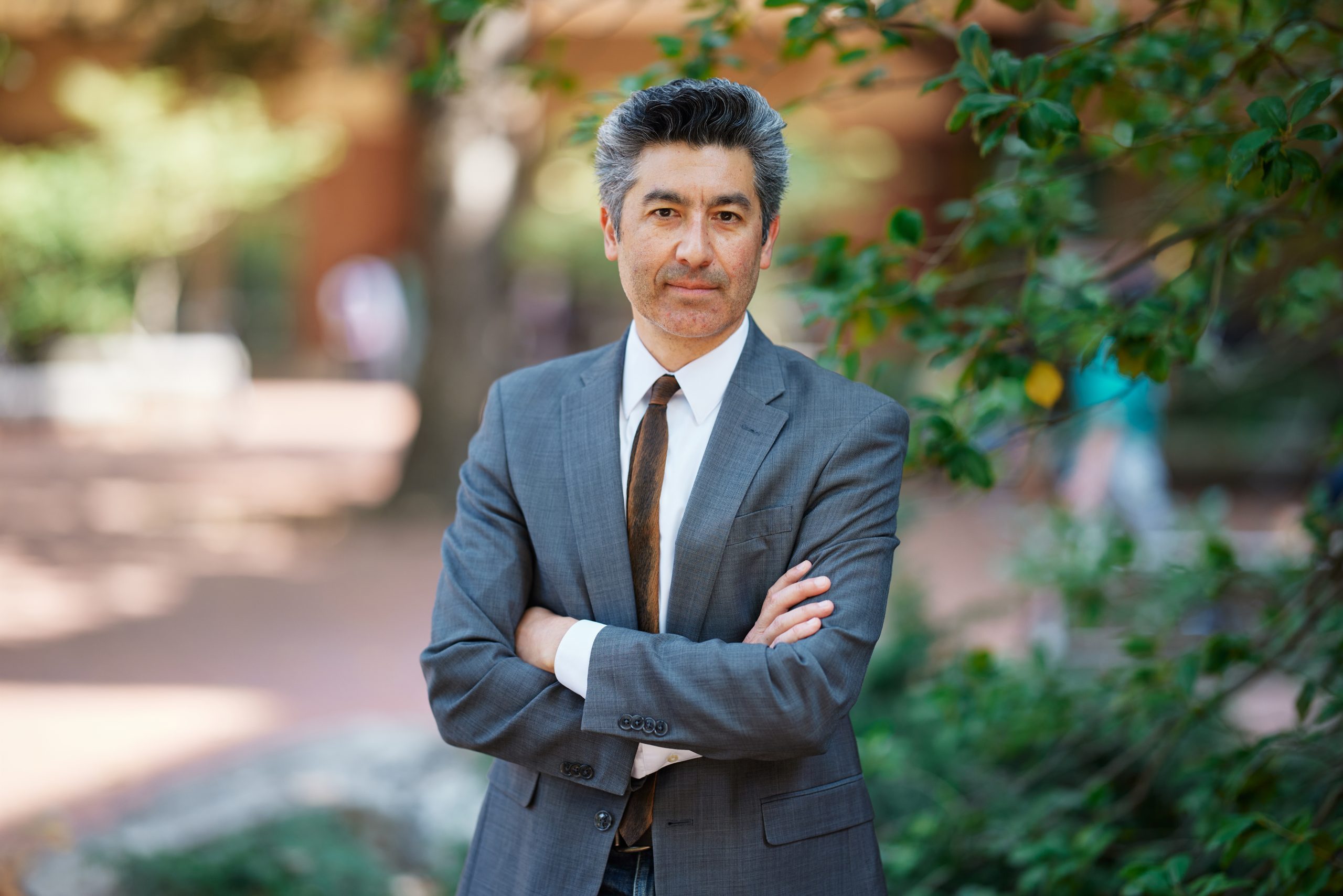Vanderbilt University professor and astronomer Keivan Stassun, PhD, has been named one of the 2024 MacArthur Fellows, an honor that includes an $800,000 grant from the John D. and Catherine T. MacArthur Foundation.
The fellowship aims to identify creative individuals with a track record of excellence in a field of scholarship or area of practice. Recipients also demonstrate the ability to affect society in significant and beneficial ways through their pioneering work or the rigor of their contributions.
Stassun, who holds the Stevenson Chair in Vanderbilt’s Department of Physics and Astronomy, also leads the Frist Center for Autism and Innovation. The center focuses on maximizing neurodiverse talent in the workforce by bringing together experts from various fields, including engineers, business scholars, and clinical practitioners. According to the announcement on Vanderbilt’s website, Stassun’s work is particularly personal, as he is the father of a son with autism, which drives his passion for inclusion and advocacy.
“To enlist the full diversity of human abilities and perspectives in science is to bring the full power of the human diversity of mind to the task of answering the grand questions,” Stassun said in his MacArthur Foundation biography. “To contribute uniquely and creatively to the enterprise of science—or at least the opportunity to try—is every person’s right.”
The MacArthur Fellowship, often referred to as the “genius grant,” is awarded annually to individuals across a wide range of disciplines. This year’s fellows include contributors from fields such as poetry, arts, sciences, sociology, and oceanography. Marlies Carruth, director of the MacArthur Fellows program, noted on the MacArthur fellowship website that the fellows’ work “highlights our shared humanity” by focusing on diverse perspectives, including those of disabled people, Indigenous communities, adolescents, and rural Americans.
The Frist Center for Autism and Innovation at Vanderbilt aims to drive innovation in technology, talent acquisition, workplace practices, and education through a strengths-based understanding of neurodiversity. The center collaborates with a variety of stakeholders to develop solutions that honor the lived experiences of neurodiverse individuals.
Stassun plans to use some of the MacArthur grant awarded to him for the work being done at the Frist Center for Autism. This exemplifies the mission of the MacArthur Foundation, which is committed to “building a more just, verdant, and peaceful world” through its fellowships and other initiatives.




















